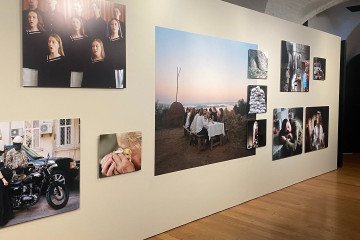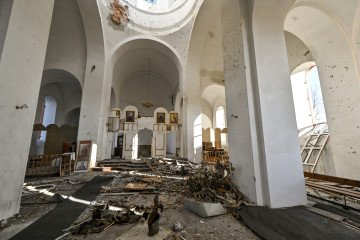- Category
- Culture
From Fairy Tales to Real-Life Heroes. How Ukraine’s New Season of ‘The Bachelor’ Reflects a Nation at War—and in Love
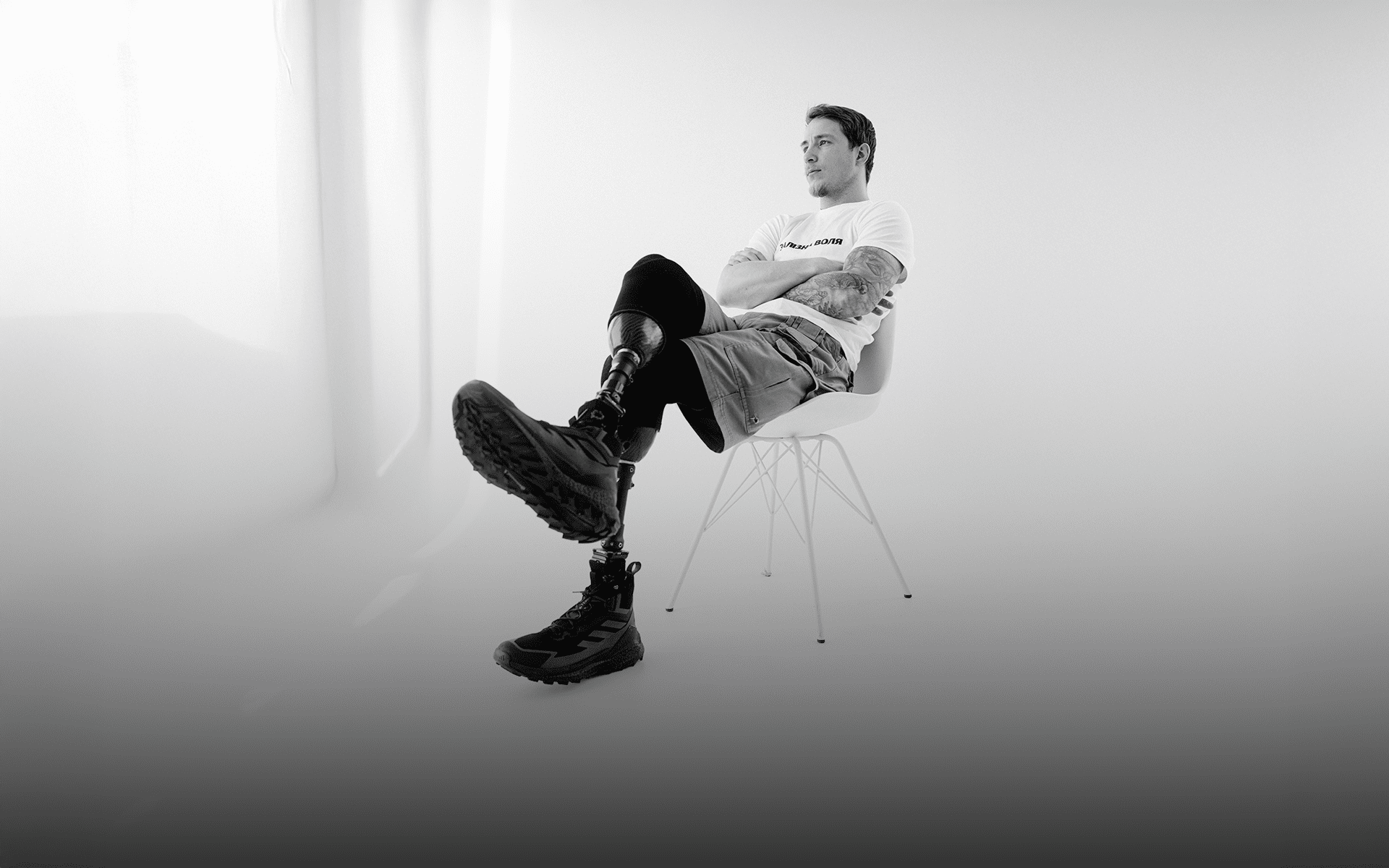
This is how Ukraine’s war-time season of ‘The Bachelor’ reshaped reality TV worldwide, capturing the essence of a nation facing war and embracing love.
In 2002, the world saw the debut of The Bachelor. Its first leading man, Alex Michel—a 31-year-old Harvard graduate and management consultant—instantly became America’s "most desirable bachelor." Although his relationship with the show’s winner lasted only a few months, the format gained immense popularity. By 2024, 37 countries were airing their own versions of the show annually.
In Ukraine, The Bachelor premiered in 2011, with dancer Maksym Chmerkovsky as its first leading man. At the time, he embodied the dream of many Ukrainian women: charismatic, athletic, romantic, and armed with a charming smile.
“There was a real “love boom” in the world then. Every movie was a romantic love story,” recalls Ksenia Bugrimova, the producer who brought the format to Ukraine.
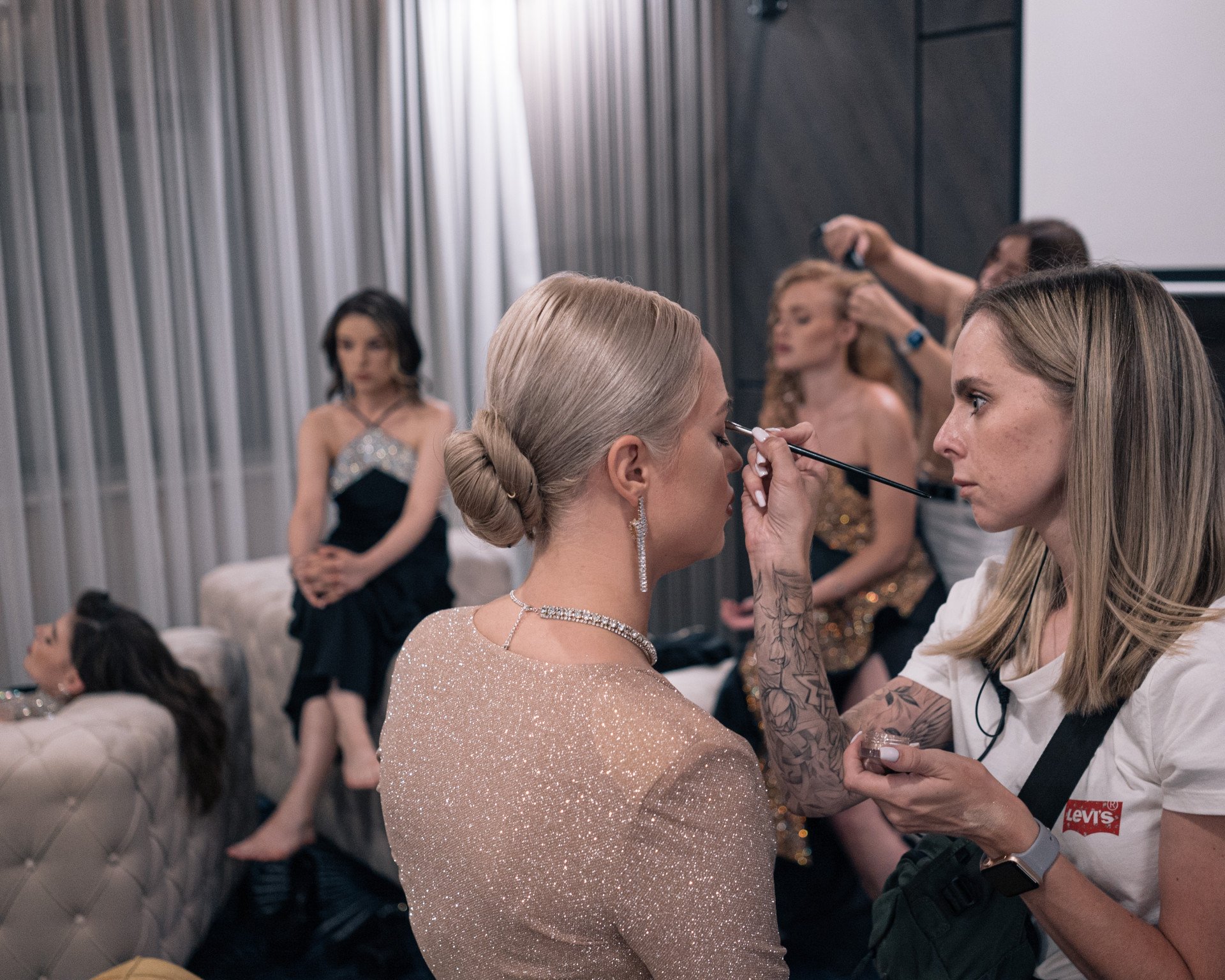
Over the past 14 years, Ukraine has undergone a profound transformation, as have women’s perceptions of the ideal partner and audiences’ preferences for TV protagonists. Reflecting this changing reality, the Ukrainian adaptation of The Bachelor has redefined the genre. Featuring Oleksandr “Teren” Budko—a war veteran and double amputee—the show became the first globally to cast such a person in the lead role.
Shortly after Russia’s full-scale invasion began in February 2022, Budko joined the army as a mortarman and, within six months, rose to the rank of fire support platoon commander. During the Kharkiv counteroffensive, he was severely wounded and lost both legs.
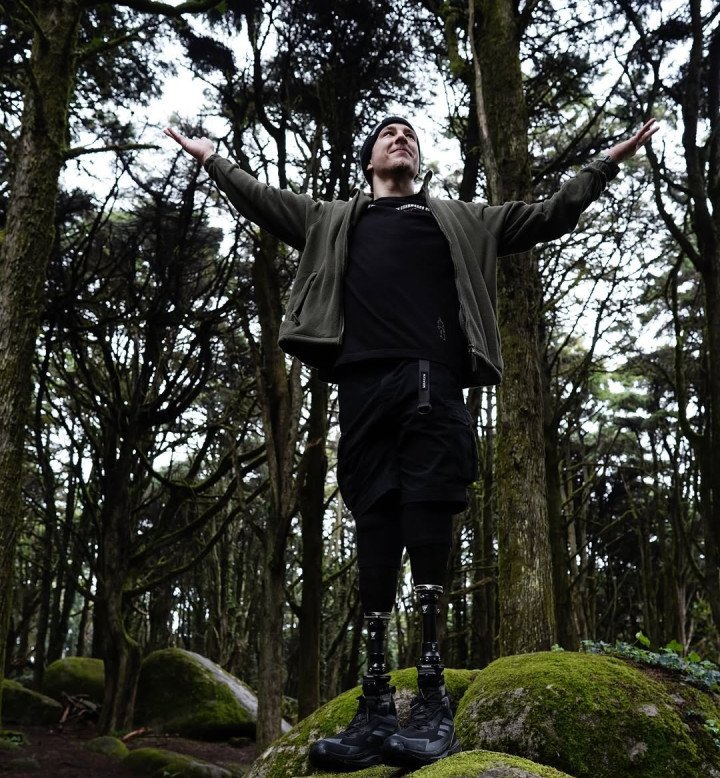
This season of The Bachelor broke boundaries, resonating far beyond Ukraine’s borders. It attracted international attention and sparked meaningful discussions about the intersection of war and love. As Ukraine faces its ongoing challenges, it continues to show the world not only how to innovate in modern warfare, but also how to love unconditionally—while transforming societal views on people with disabilities.
Shifts in cultural landscape
The Ukrainian adaptation of The Bachelor is more than just entertainment; it’s a mirror reflecting the evolution of societal values, priorities, and cultural context over time.
This shift is evident in the three distinct phases since the show aired in Ukraine, as described by producer Ksenia: lust for romance, an era of provocation, and the current emphasis on social consciousness and national identity.
In its early years, The Bachelor tapped into a global longing for romance. As Ksenia noted, the late 2000s and early 2010s were a golden age for romantic comedies worldwide. “There was a global demand for love then,” she recalls.
Ukrainian audiences craved an escape, a fairy tale that elevated love beyond the mundane. The producers crafted the show to celebrate grand romantic gestures, blending the ordinary and the extraordinary.
For example, one memorable date featured a couple watching The Umbrellas of Cherbourg alone in a closed Cannes Palace of Festivals—a dream-like moment inaccessible to most.
Ksenia explained, “We wanted every woman on the show to feel like she had stepped into a fairy tale.” The format offered a balance: accessible, simple dates alongside luxurious, once-in-a-lifetime experiences, creating a relatable yet aspirational narrative.
As the cultural landscape shifted, so did the show. The rise of social media platforms like TikTok and the growing appetite for fast-paced, provocative content reshaped viewer preferences. “Pure romance was no longer needed; everything started to turn into sex and provocation,” Ksenia observed, adding that this era saw The Bachelor lean into scandalous moments, dramatic conflicts, and heightened spectacle to maintain relevance.
This phase mirrored a broader trend in media consumption: shorter attention spans and an increased demand for high-stakes drama. While still engaging, the show began to reflect a society grappling with shifting definitions of relationships and entertainment.
Today, The Bachelor has transformed once again, aligning itself with the national zeitgeist. Itnow serves as a platform teaching Ukrainians how to live together and love one another, despite their diverse experiences of the war.
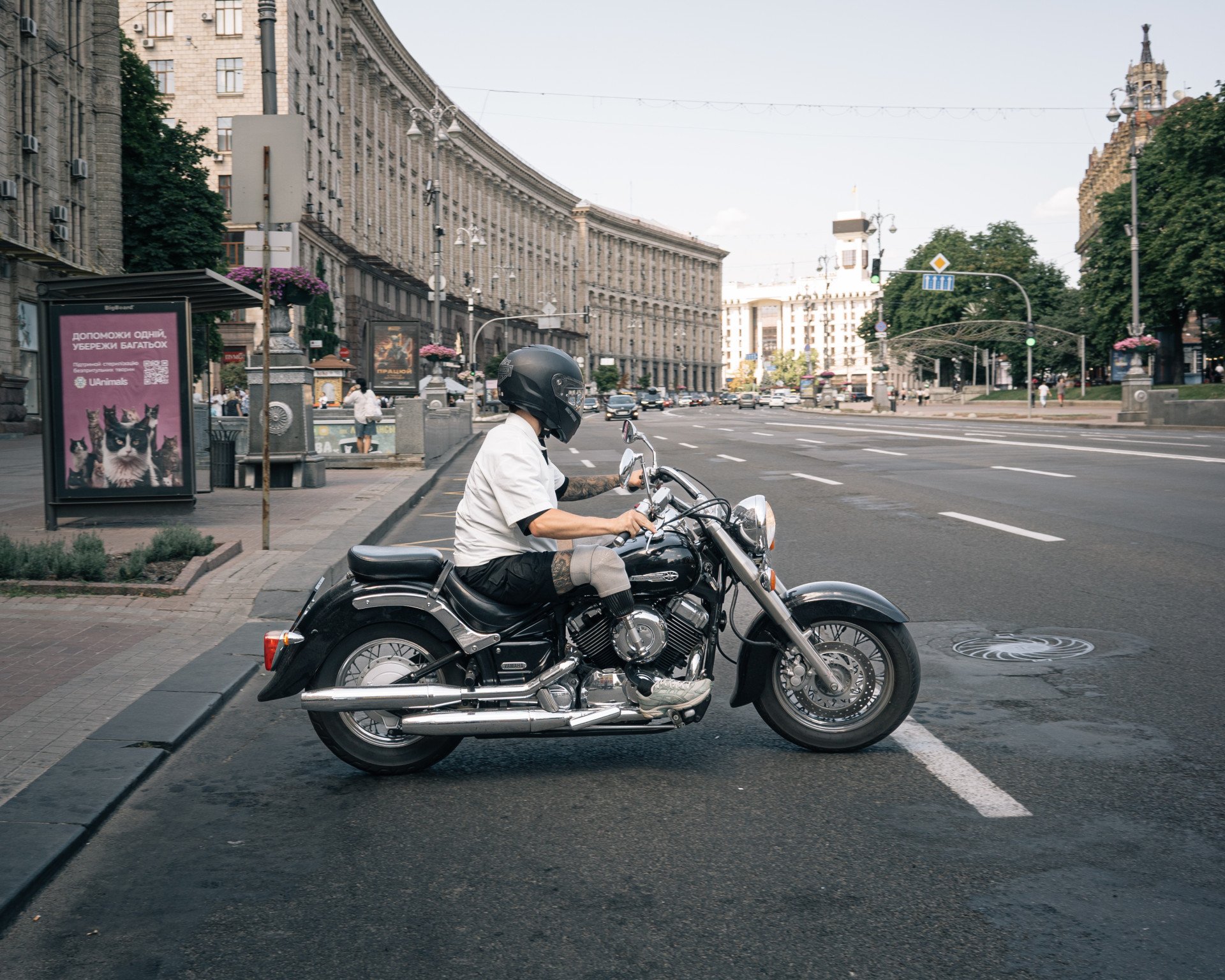
Budko’s inclusion in the show marks a pivotal moment in how disability is portrayed in the media. His appearance, particularly an intimate moment that became the most-watched of the season with 2.8 million viewers, underscores the growing visibility and acceptance of people with disabilities in mainstream media.
By showcasing his personal journey, Budko challenges the misconception that people with disabilities are excluded from romantic and social experiences, offering a more empowering narrative for the future.
“It’s crucial to talk about diversity on a national channel,” Ksenia emphasized, adding that the tagline, “Love is worth everything,” captures the spirit of this era.
Why Oleksandr Budko
Before the full-scale war reshaped Oleksandr Budko’s life and the lives of millions, he lived quietly, working as a barista and pursuing his dream of becoming one of Europe’s top graphic designers. On February 24, 2022, his career ambitions were put on hold as he faced the devastating reality of Russia’s invasion.
Budko joined the volunteer battalion "Karpatska Sich." His path as a soldier came with incredible sacrifice—during fierce fighting in the Kharkiv region, he sustained injuries that led to the loss of both legs.
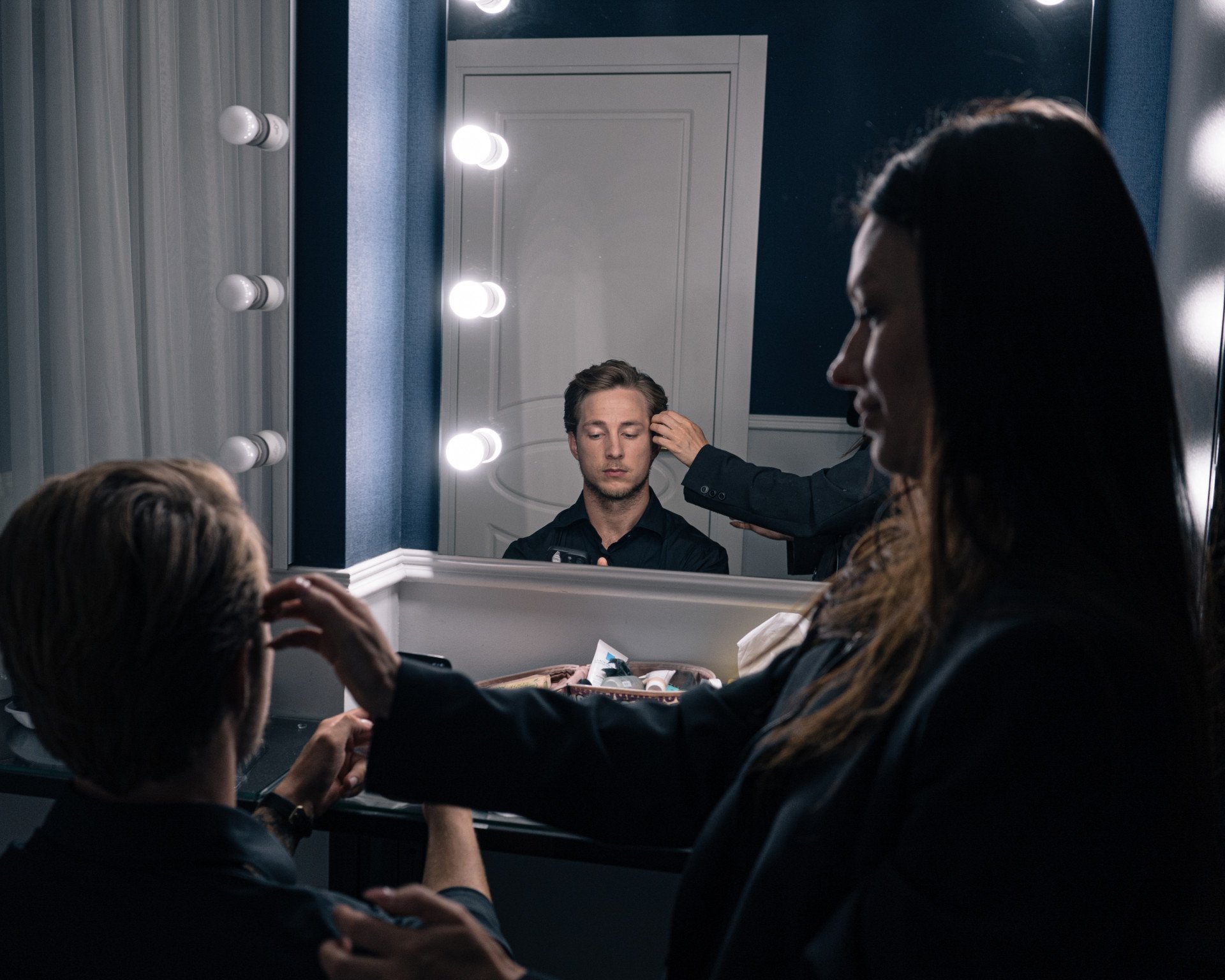
However, what could have been an ending became a new beginning. His journey after the war has been nothing short of extraordinary.
Budko became the host of the YouTube travel blog, highlighting the barriers faced by people with disabilities in Ukrainian cities. With over 70,000 subscribers, the show challenges society to rethink accessibility and inclusion.
Beyond advocacy, Budko has also turned to storytelling. In the fall of 2022, he published his first book, "The Story of a Stubborn Man,” a deeply personal account of his life during the war’s first months.
Budko’s courage and adaptability have brought him global recognition. In 2023, he participated in the Invictus Games—an international sporting event for wounded, injured, and sick servicemen and women—earning a bronze medal in swimming. That same year, he took the stage with the United Ukrainian Ballet in California, performing in a moving piece.
This performance was documented in Front Row, a film produced by actress Sarah Jessica Parker, which premiered in London and showcased Ukraine’s cultural defiance in the face of war.
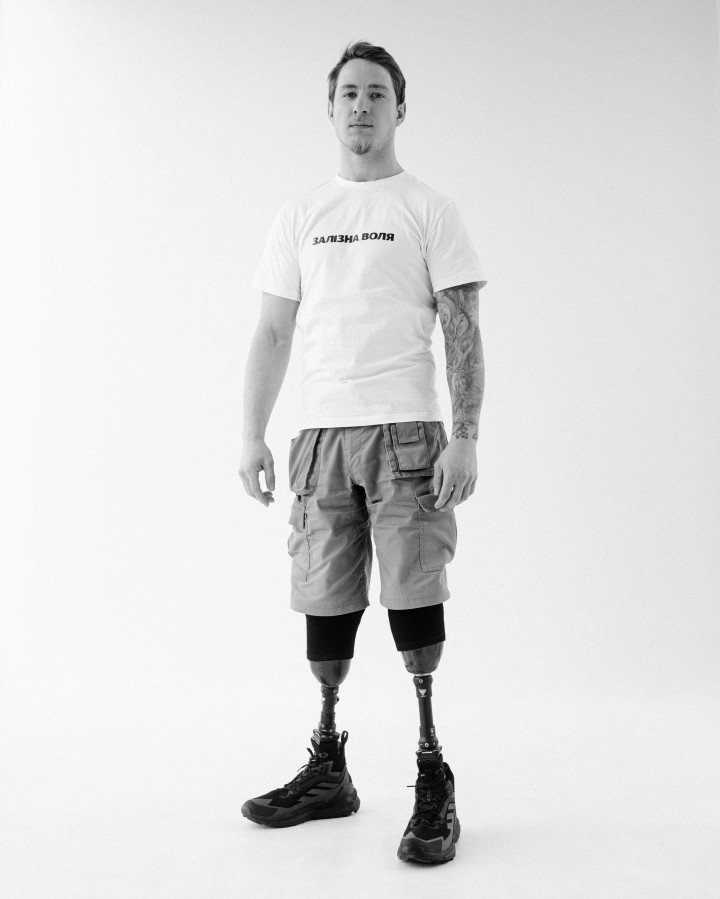
Budko’s appearance on The Bachelor mirrors his personal journey and Ukraine’s current reality, where the ongoing war influences every aspect of life.
His season transforms the show into a platform for addressing critical societal issues, proving that romance can coexist with deeper themes of healing and unity. As he once said, "Participating in the show is a chance to broadcast ideas that make us better."
Realities reflected on TV
The latest season of The Bachelor in Ukraine broke records, with an unprecedented number of women applying to participate.
In the comments that viewers left about the show, many expressed that a veteran like Budko felt like the only appropriate choice during these turbulent times. "It would feel strange to watch The Bachelor without a military veteran or activist in the lead," one viewer remarked.
Another viewer noted, "After such a long break between seasons, it’s refreshing to see a bachelor who isn’t just charming but also truly worthy—a young man who has proven his values through action."
According to producer Ksenia, this season’s appeal was also bolstered by the diverse cast of women. For the first time, participants included a former military journalist and a volunteer actively supporting the war effort.
Sociologist Marta Naumova explained this cultural shift in broader terms, emphasizing the erosion of rigid gender roles. "Over the past 25 years, we’ve seen a liberalization of women’s aspirations. It’s no longer about finding a man who is a provider or a stoic protector. Women want partners who share their values, emotions, and responsibilities—someone they can build a life with, not just depend on."
This season’s outcome further supports this trend: the winner, Inna Belen, is a 28-year-old “businesswoman, volunteer, and German translator.” Her image reflects the broader transformation in Ukrainian society, where women’s roles are expanding, and traditional ideals of femininity are being redefined.
As one viewer summarized, “I was very pleased with the fact that now the project is not just involving sweet-faced people, but truly worthy youth who want and can change our everyday lives for the better.”
Breaking boundaries on reality TV
The Ukrainian adaptation of The Bachelor made history by casting Oleksandr Budko, a war veteran and double amputee, as the lead. This bold choice not only broke stereotypes but also reflected the realities of a country shaped by war.
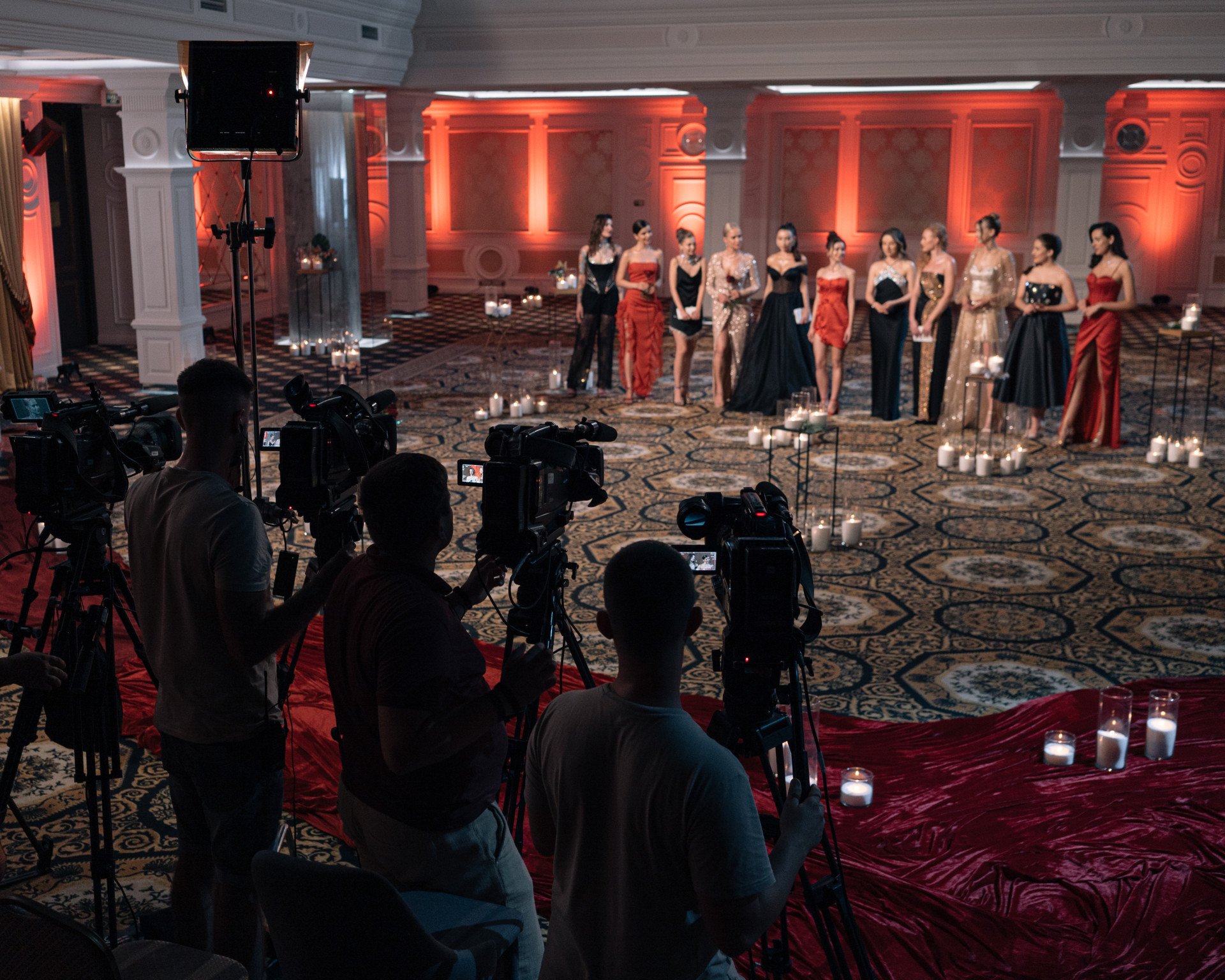
Sociologist Marta Naumova emphasized that audiences in uncertain times seek authenticity and emotional depth. “People crave stories of courage, resilience, and genuine emotion. The inclusion of a war veteran meets these needs.” She also highlighted the importance of reflecting on societal realities: “Projects like this show the transformation of those who’ve faced war, their strength, and the complexity of their journey back to normal life.”
By choosing Budko as the nation’s most eligible bachelor, the show continues its tradition of selecting figures who align with where society is at. Budko’s image is both symbolic and deeply relevant for a country at war. He is a conscious citizen, a brave and handsome man who answered the call to defend his homeland. Despite his injuries, he has retained his zest for life, inspiring millions of Ukrainians during one of the most challenging periods in the nation’s history.
By humanizing veterans and telling their stories, it showed the world that even in the toughest times, love and hope prevail.
Cover photo by Yurasov Vitalii.
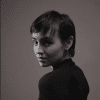
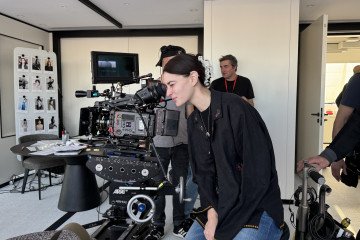

-39ac5f6dfc009a14dbd02153363658d0.jpg)
